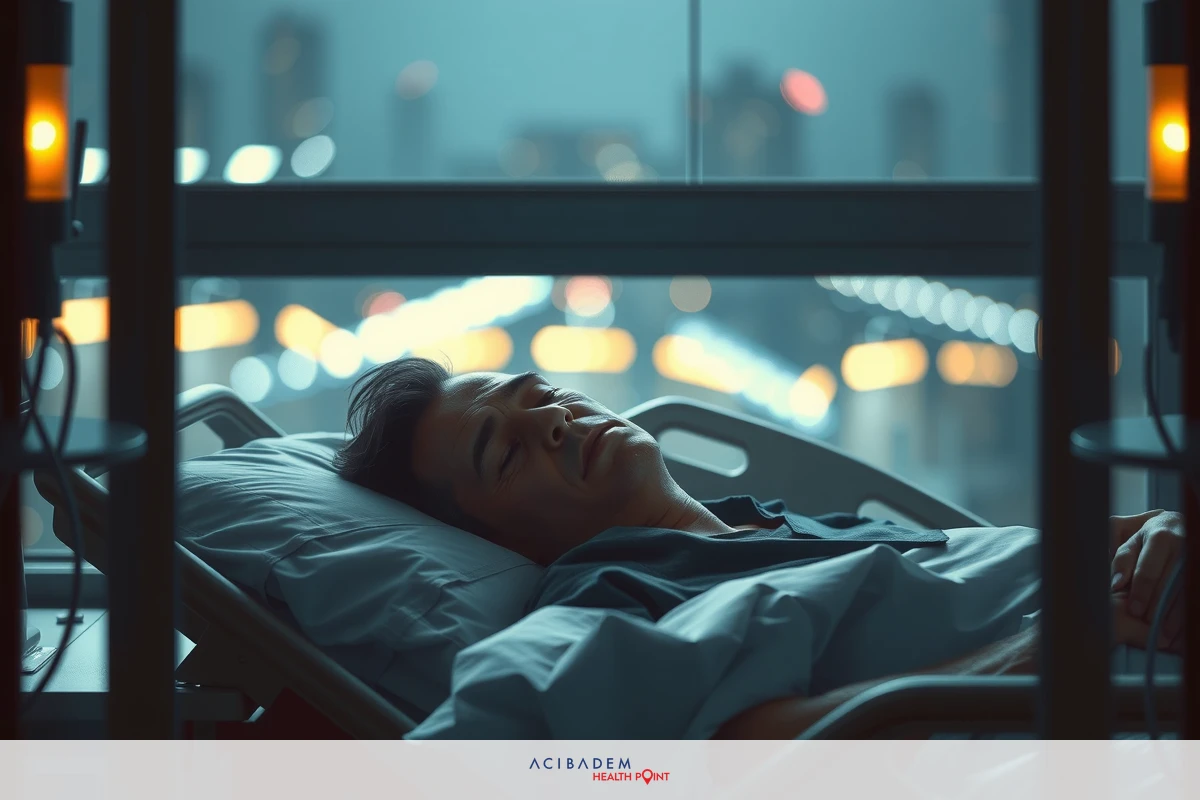Long Term Side Effects of Car T-Cell Therapy
Long Term Side Effects of Car T-Cell Therapy CAR T-cell therapy is a new way to treat cancer. It uses your own cells to fight the disease. Many people have seen good results from this treatment. But, like all treatments, it has some long term side effects. It’s important to know what these might be.
After getting CAR T-cell therapy some people feel tired for a long time. This can make daily tasks hard to do. Others may experience issues with memory or thinking clearly. These side effects are part of the body adapting to the treatment.
It’s always best to talk with your doctor about any concerns you have after treatment. They can help manage side effects and find ways to ease them. Remember that each person reacts differently so stay informed and seek support when needed.
What is CAR T-Cell Therapy?
CAR T-cell therapy is a type of cancer treatment. It uses your own cells to fight the disease. Doctors take T cells from your blood. They change these cells in a lab to make them better at attacking cancer cells.
Once the T-cells are ready they go back into your body. These new CAR T-cells can find and kill cancer cells more effectively. This therapy has shown good results for many people with certain types of cancer.
The process involves several steps but aims to boost your body’s ability to fight cancer. It’s not like other treatments that use drugs or radiation. Instead it enhances what your body already does naturally.
However this therapy can have some side effects. These might include fatigue or memory issues over time. It’s important to discuss any concerns with your doctor during and after the treatment journey.
Common Long Term Side Effects
CAR T-cell therapy can lead to some common long term side effects. One of these is fatigue which can last for months. Patients often find it hard to do daily tasks because they feel so tired. This kind of fatigue is not the same as normal tiredness.
Another long term effect involves memory and thinking skills. Some patients report having trouble remembering things or focusing on tasks. These issues may affect work and personal life but can improve over time with support.

Mood changes are also reported by many who undergo CAR T-cell therapy. Feelings of anxiety or depression may occur after treatment ends. It’s essential to talk about these feelings with a healthcare provider as they can offer help and advice.
Physical health might be affected in other ways too. Some people experience joint pain or muscle weakness that lasts longer than expected. Regular check-ups with your doctor will help manage these side effects effectively.
Managing Side Effects
Managing the side effects of CAR T-cell therapy requires some good tips and advice. First always keep a close relationship with your doctor. They can provide solutions for issues like fatigue or memory problems.
Another helpful tip is to stay active but within limits. Light exercise such as walking can boost energy levels without causing more tiredness. It’s also important to rest when needed; listen to your body’s signals.
Eating well plays an essential role in managing long term effects too. A balanced diet helps maintain strength and supports recovery from cancer treatment. Don’t hesitate to consult a nutritionist for personalized advice on what foods are best for you.
Consulting Your Doctor
Consulting your doctor about CAR T-cell therapy is crucial. They understand the long term effects and side effects of this cancer treatment. Regular check-ups will help monitor any changes in your health over time.
Always share any new symptoms or concerns with your doctor right away. Early detection of issues can lead to better management strategies. This proactive approach ensures you receive timely advice tailored to your needs.
Doctors can also provide guidance on managing specific side effects like fatigue or memory problems. Personalized care plans may include medications, physical activities, or lifestyle adjustments designed for you. Effective communication with your healthcare team enhances these outcomes.
Moreover discussing emotional well-being with your doctor is equally important. Side effects such as mood swings or anxiety should not be ignored. Mental health support options are often available through their network of specialists.
Lastly keep a detailed record of how you’re feeling between visits. Documenting symptoms helps track patterns and informs future consultations effectively. This practice empowers both you and your doctor to make informed decisions regarding ongoing care.
Frequently Asked Questions
Q: What are the most common long term side effects of CAR T-cell therapy?
A: Fatigue, memory issues, and mood changes like anxiety or depression are common.
Q: How can I manage fatigue after CAR T-cell therapy?
A: Rest when needed, stay active with light exercise, and maintain a balanced diet.
Q: Should I consult my doctor if I experience new symptoms?
A: Yes always inform your doctor about any new or worsening symptoms immediately.








